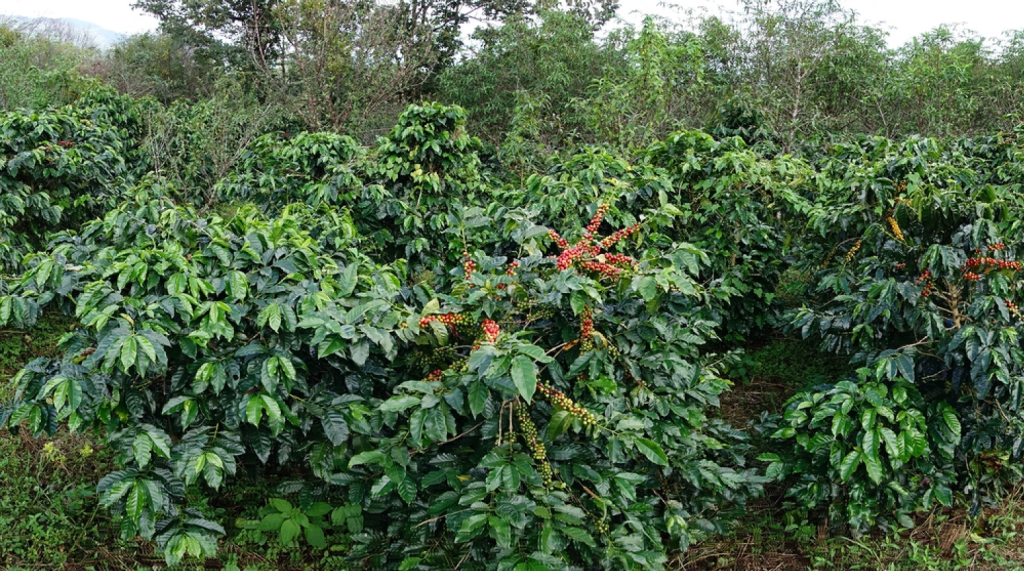Nestled in the Western Ghats of Karnataka, Coorg, also known as Kodagu, is a haven for coffee lovers and nature enthusiasts. Renowned for its picturesque landscapes and lush coffee plantations, Coorg is often referred to as the "Coffee Cup of India." The region's unique climate and fertile soil create the perfect conditions for producing some of the finest coffee beans in the world. In this blog, we'll explore the enchanting world of Coorg coffee plantations and what makes them a must-visit destination.
Table of Contents
The History of Coffee in Coorg
The story of coffee in Coorg dates back to the early 19th century when the British introduced coffee cultivation to the region. The favorable climate and rich soil of Coorg proved to be ideal for coffee plants, and the area quickly became one of the leading coffee-producing regions in India. Today, Coorg is home to thousands of coffee estates, ranging from small family-owned farms to large corporate plantations.
Exploring Coorg Coffee Plantations
Visiting a coffee plantation in Coorg is an experience like no other. As you stroll through the verdant estates, you'll be surrounded by the intoxicating aroma of coffee blossoms and the soothing sounds of nature. Many plantations offer guided tours, where you can learn about the process of coffee cultivation, from planting and harvesting to processing and roasting. You'll also have the opportunity to sample some of the freshest coffee you've ever tasted, right from the source.
The Varieties of Coorg Coffee

Coorg is primarily known for its production of Arabica and Robusta coffee beans. Arabica beans are prized for their smooth, mild flavor and aromatic qualities, while Robusta beans are known for their stronger, more robust taste and higher caffeine content. The coffee from Coorg is often characterized by its rich, full-bodied flavor with hints of chocolate and spice.
Sustainable Practices in Coorg Coffee Plantations
Sustainability is a key focus for many coffee growers in Coorg. With an increasing awareness of environmental issues, several plantations have adopted eco-friendly practices to ensure the long-term health of the land. This includes organic farming methods, water conservation techniques, and initiatives to preserve biodiversity. By visiting these plantations, you can support sustainable agriculture and enjoy a guilt-free cup of coffee.
Experiencing the Local Culture
A visit to a Coorg coffee plantation is not just about the coffee; it's also an opportunity to immerse yourself in the local culture. The Kodava community, indigenous to Coorg, is known for its rich traditions and warm hospitality. Many plantations offer homestays, where you can stay with a local family, enjoy traditional Kodava cuisine, and learn about their customs and way of life.
Best Time to Visit Coorg Coffee Plantations
The best time to visit Coorg coffee plantations is between November and April, when the weather is pleasant and the coffee plants are in bloom. This is also the time when the harvest takes place, so you'll get to see the plantations in full activity. However, Coorg is a beautiful destination year-round, with each season offering a unique experience.
Tips for Visiting Coorg Coffee Plantations
- Wear comfortable shoes and clothing, as you'll be walking through the plantations.
- Bring a camera to capture the stunning scenery and the vibrant greenery of the coffee plants.
- Make sure to book your plantation tour or homestay in advance, especially during peak season.
- Respect the environment and the local community by following the guidelines provided by your hosts.
Conclusion
Coorg coffee plantations are a testament to the region's rich agricultural heritage and its commitment to sustainable practices. Whether you're a coffee aficionado or just looking to escape into nature, a visit to these plantations offers a unique and unforgettable experience. So, pack your bags, and get ready to embark on a journey through the aromatic world of Coorg coffee plantations.

